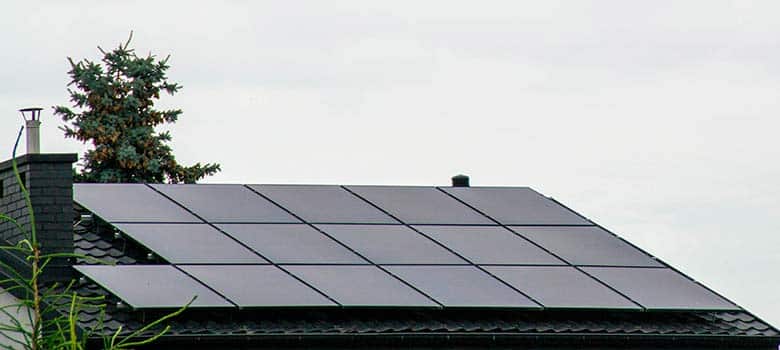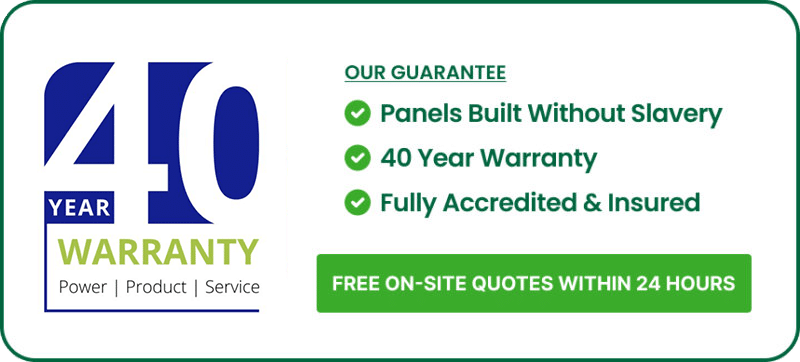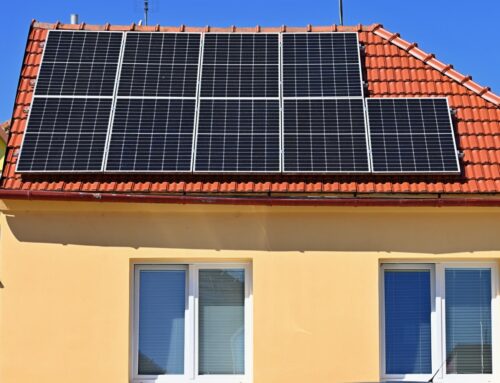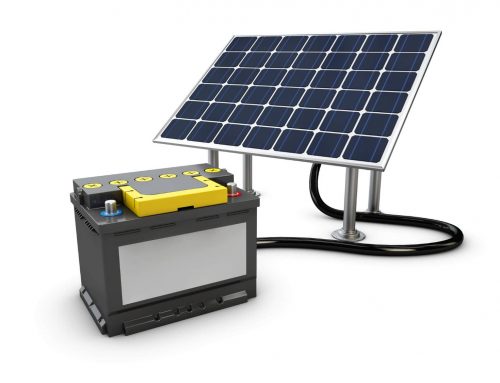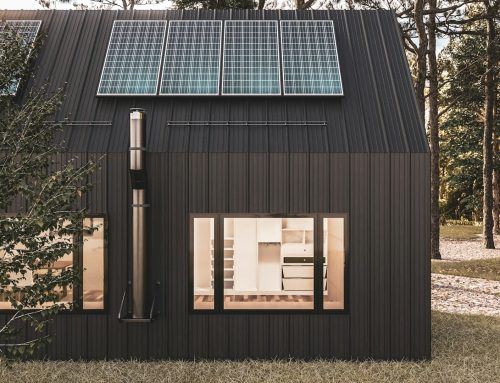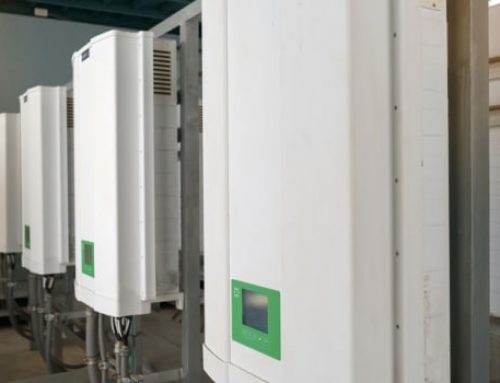Ever wondered how you can keep your home powered by the sun, even when it’s not shining?
Let’s dive into the heart of solar energy storage methods. We’re not just talking about any old batteries here; we’re exploring top-notch solutions that can turn your home into a power haven, day and night.
In this guide, we’ll cover:
- Overview of available solutions
- Key considerations
- Government incentives and warranties
- Cost Breakdown
Why is choosing the right option crucial, you ask? Well, it’s simple. The right storage system ensures that not a drop of that precious renewable energy goes to waste, keeping your lights on and your power bills low.
In this article, we’ll shine a light on the most efficient and cost-effective solar energy storage methods. We’re not just about selling you a product; we’re here to educate and guide you through a journey of energy independence. From compact home batteries to cutting-edge technologies, we’ve got the lowdown on how to store that glorious Adelaide sun.
So, pull up a chair, and let’s get started on powering your home the Aussie way – with a dash of sunshine and a whole lot of smarts!
ENERGY BUSTER TIPS:
|
A Deep Dive into Adelaide’s Solar Storage Solutions
In the quest for energy independence, understanding your options is key. Let’s take a closer look at each solar energy storage method available in Adelaide, weighing their pros and cons to help you make an informed decision.
1. Lithium-Ion Batteries: The Modern Dynamo
Lithium-ion batteries, the same technology powering your smartphones, are now revolutionising home solar storage. They’re known for their high energy density, efficiency, and long life span.
Pros:
- High Efficiency: These batteries charge and discharge efficiently, making them ideal for daily use.
- Compact Size: They’re relatively small and unobtrusive, perfect for urban homes.
- Long Lifespan: Lithium-ion batteries can last up to 10-15 years with proper maintenance.
Cons:
- Cost: They’re on the pricier side compared to other options.
- Temperature Sensitivity: Extreme temperatures can affect their performance and lifespan.
- Resource Intensive: Manufacturing these batteries requires significant resources and has environmental impacts.
2. Lead-Acid Batteries: The Trusted Workhorse
Lead-acid batteries have been the go-to choice for off-grid solar systems for decades. They’re reliable, widely available, and relatively inexpensive.
Best Off Grid Solar Systems in Adelaide: Features, Specs & More
Pros:
- Affordability: They’re more budget-friendly than lithium-ion batteries.
- Proven Technology: Their long history means a well-understood and reliable performance.
- Recyclability: Lead-acid batteries are highly recyclable, reducing environmental impact.
Cons:
- Bulkier Size: They require more space, which can be a constraint in smaller properties.
- Shorter Lifespan: Typically, they last between 5-7 years, shorter than lithium-ion.
- Maintenance Required: Regular maintenance is needed to ensure longevity.
3. Saltwater Batteries: The Eco-Friendly Alternative
Saltwater batteries are an emerging technology, offering an environmentally friendly alternative. They use saltwater electrolytes instead of heavy metals.
Pros:
- Non-Toxic: They’re safe and non-toxic, making them an eco-conscious choice.
- Fully Recyclable: These batteries can be easily and safely recycled.
- Low Maintenance: They require less upkeep compared to lead-acid batteries.
Cons:
- Lower Energy Density: They’re less efficient in storing energy compared to lithium-ion.
- Emerging Technology: As a newer option, their long-term reliability is less proven.
- Higher Initial Cost: While prices are decreasing, they’re still more expensive than traditional lead-acid batteries.
Solar Storage Selection: Key Considerations for Your Adelaide Home
Choosing the right solar system in Adelaide is not just about picking the most advanced technology; it’s about finding the perfect fit for your unique needs.
In this section, we’ll explore the crucial factors you should consider to make an informed decision that aligns with your lifestyle, budget, and energy goals.
1. Energy Requirements
Understanding Your Needs:
The first step in selecting the system is understanding your household’s energy consumption.
Consider your daily energy usage patterns – do you use more power during the day or night? How much energy do you consume during peak hours?
Answering these questions will help you determine the storage capacity you need to keep your home running smoothly.
Sizing It Right:
Choosing a storage system that’s too small could leave you dependent on the grid during shortages, while an excessively large system may not be cost-effective. It’s about striking the right balance.
A good rule of thumb is to review your electricity bills to gauge your average consumption and consult with an expert to determine the appropriate battery size.
How to Calculate Electricity Cost From Watts: Simple Calculation
2. Budget Considerations
Initial Investment vs Long-Term Savings:
Budget plays a pivotal role in your decision. While lithium-ion batteries offer high efficiency, their initial cost is higher.
On the other hand, lead-acid batteries are more affordable upfront but may incur more costs over time due to maintenance and shorter lifespan.
Consider not only the initial investment but also the potential savings and return on investment each option offers in the long term.
Incentives and Rebates:
Don’t forget to explore local incentives and rebates available in Adelaide. These can significantly reduce the upfront cost, making more advanced technologies like lithium-ion or saltwater batteries more accessible.
Solar Rebates in South Australia: What’s Available?
Always stay updated on government initiatives and programs that encourage renewable energy adoption.
3. Environmental Impact
Eco-Friendly Choices:
If minimising your environmental footprint is a priority, consider the ecological implications of each storage option. Saltwater batteries stand out for their non-toxic and fully recyclable nature, offering a greener choice.
If you’re leaning towards lithium-ion, research the manufacturer’s sustainability practices and recycling policies.
Lifecycle and Sustainability:
Assess the full lifecycle of the storage systems. A longer-lasting, more durable battery reduces the need for frequent replacements, thereby diminishing environmental impact.
Consider the manufacturing process, the resources used, and the recyclability of the batteries to make an eco-conscious choice.
Navigating Government Incentives and Warranties
Embracing renewable energy in Adelaide becomes even more appealing when you factor in government incentives and robust warranty options. These benefits not only make these systems more affordable but also ensure their reliability and longevity.
We’ll outline some key incentives and warranties you should be aware of in Adelaide.
Government Incentives:
- Small-scale Renewable Energy Scheme: Under this national scheme, you can obtain small-scale technology certificates (STCs) for eligible battery systems. These certificates can be sold to recoup a portion of your costs.
- Feed-in Tariffs: While not a direct subsidy, Adelaide residents can benefit from feed-in tariffs by selling excess renewable energy back to the grid, further offsetting the cost of their system.
Warranties:
- Manufacturer’s Warranty: Most manufacturers offer a warranty for their products, typically ranging from 5 to 10 years. This covers defects in manufacturing and ensures the battery maintains a certain capacity over its lifespan.
- Performance Guarantee: Many solar batteries come with a performance guarantee, ensuring the battery retains a specified percentage of its original capacity over the warranty period.
- Installation Warranty: Offered by installers, this warranty covers the installation workmanship. Ensure your installer provides a warranty for their services, usually for 1-5 years.
Navigating these incentives and understanding warranties can significantly influence your decision-making process, making these systems more accessible and reliable.
A Cost Comparison of Solar Storage Systems
Understanding the cost is crucial for making an informed decision. To help you navigate this, we’ve compiled a table outlining the pricing ranges based on the type of storage system.
Remember, these are approximate costs and can vary based on specific circumstances and market changes.
| Storage Type | Approximate Cost Range (AUD) |
|---|---|
| Lithium-Ion Batteries | $5,000 – $10,000 |
| Lead-Acid Batteries | $2,000 – $7,000 |
| Saltwater Batteries | $6,000 – $12,000 |
Key Points to Note:
- Lithium-Ion Batteries: They are at the higher end of the price spectrum due to their efficiency and longer lifespan. The price can vary based on capacity and brand.
- Lead-Acid Batteries: More affordable but may incur additional costs over time due to maintenance and replacement needs.
- Saltwater Batteries: While on the higher side, these eco-friendly options are gaining popularity for their sustainability and low maintenance.
It’s important to consider these costs in conjunction with potential savings from government incentives and energy bill reductions.
Investing in a solar storage system in Adelaide is not just about the initial outlay but also the long-term financial and environmental benefits.
Embracing a Brighter Future
Let’s recap the key takeaways and encourage you to embark on this rewarding journey.
The right choice depends on your unique needs, and expert advice can guide you towards the best solution.
Key Takeaways:
- Diverse Options: Adelaide offers a range of storage solutions, including Lithium-Ion, Lead-Acid, and Saltwater batteries. Each comes with its own set of pros and cons.
- Consider Your Needs: Assess your energy requirements, budget, and environmental priorities to choose the most suitable storage method.
- Government Incentives: Take advantage of local subsidies and national schemes to make your investment more affordable.
- Warranty Security: Understand the warranties offered to ensure the long-term reliability and performance of your system.
- Cost Awareness: Be mindful of the various pricing ranges and remember that the cheapest option may not always be the most cost-effective in the long run.
Moving Forward:
- Tailored Solutions: Each home in Adelaide is unique. Consider your specific energy needs and consult with an expert to find the best fit for you.
- Long-Term Benefits: Investing in solar storage is not just about immediate savings; it’s about contributing to a sustainable future and gaining energy independence.
We encourage you to take these insights and turn them into action. Renewable energy is more than just a trend; it’s a lifestyle choice that offers environmental and economic benefits for years to come.
So, why wait? Start your journey today and be a part of Adelaide’s brighter, greener future!
Ready to Shine? Contact Energy Buster Today!
Are you feeling inspired to take the next step in your journey? Energy Buster is here to light the way! Our team of experts is passionate about helping Adelaide residents embrace renewable energy with the right storage solutions tailored to your unique needs.
- Get Personalised Advice: Every home and lifestyle is different. Let us help you navigate the options with personalised advice that fits your specific requirements.
- Receive a Custom Quote: Curious about the costs? Contact us for a no-obligation quote, tailored to your home and energy needs.
- Expert Guidance: Our experienced team will guide you through the process, from understanding government incentives to choosing the right system for you.
Don’t let another sunny day go to waste! Contact Energy Buster and start your journey towards a sustainable, energy-efficient future.

